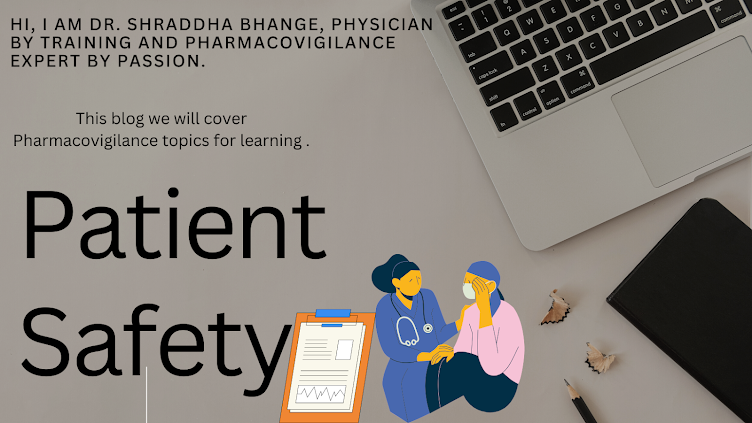Biosimilars definition
EU definition of Biosimilar "A biosimilar is a
biological medicine that is highly similar to another biological medicine
already approved in the EU (called 'reference medicine') in terms of structure,
biological activity and efficacy, safety, and immunogenicity profile (the
intrinsic ability of proteins and other biological medicines to cause an immune
response).
Biosimilars are called Follow-on biologics, BIOSIMILARS,
similar biological medicinal products, follow-on protein products, BIOGENERICS,
and biologics, or BIOPHARMACEUTICALS.
Biosimilars and Generics differences
Biological products are very similar to reference biologics
but not identical. Generics, on the other hand, are chemically synthesized and
hence have identical medicinal ingredients compared to reference products.
Biological products are large, complicated, relatively
unstable molecules that are often mixtures of different isoforms with a complex
production and purification process, while generics are smaller, stable
molecules that are easier to manufacture.
Safety concerns for biologicals often concern infections,
malignancies, and reactions related to immunological events. Safety concerns
for small molecules are known to be often related to the classes ‘Cardiac
disorders’, ‘Hepatobiliary disorders’, ‘Blood and lymphatic system disorders’,
and ‘Nervous system disorders’.
Switching or substituting a biosimilar is more complicated than
switching or substituting simple generic molecules since this could involve a
change in product and device, leading to safety concerns during administration
(device design is also proprietary). With simple generics,
switching is easier and may only require patient education on changes in
appearance.
Biosimilars regulations
USA
•
Analytical evidence that is comparable to the
source, animal studies, clinical research and the identification of the
mechanism of action
• Guidance v 351 (k)
INDIA
•
Studies on biological activity, clinical
research, preclinical research and immunogenicity
• Guidance CDSCO
EU
•
Clinical investigations, preclinical research,
biological activity, purity, physiochemical characteristics and studies on
immunogenicity
•
Guidance
v CHMP/437/04
v EMEA/CHMP/BWP/49348/2005
v EMEA/CHMP/BMWP/403
Biosimilars advantages
•
Affordability
•
Accessibility
•
Less
cost than reference biologics
•
Lower
costs of development
Biosimilars and PV
Data Sources
•
Specialized (hospital) setting
•
Patient and disease specific Registries
•
Randomized clinical trials
•
Switch
therapy information
•
Batch
number information
•
ICSR
•
Complex adverse events & immunological
events may arise from minor variations in structure, such as glycosylation
•
Difficulty in the establishment of a causal
association
•
Dosing
& administration issues
•
Drug-device
combination safety
•
Causality
– class & compound effects
•
Onset
time, previous therapy, life-threatening & chronic illnesses
•
RMM & aRMM
•
Additional risk minimization measures may be required apart from those for the reference product.
•
Prospective
surveillance registries
•
Post-approval pharmacoepidemiologic studies and
PASS
•
Randomized clinical trials
•
Targeted
follow-up questionnaire
•
Educational
materials for HCPs
•
Medication guide for patients,
•
Written by:
Dr.Shraddha Bhange.
Connect with me Via the comments below. (I do not respond
to Facebook messages)
Support the cause of better rural education with me:
ThinkSharp Foundation http://thinksharpfoundation.org/#home
References
What are biosimilars? | Biosimilar Basics | Biosimilars Council
Biosimilar vs. Generic: The 4 Core Differences (and Similarities) - GoodRx
Pharmacovigilance of biosimilars – Why is it different from generics and innovator biologics? - PMC
Frontiers in nonclinical drug development: biosimilars - PubMed
Safety considerations of biosimilars - Australian Prescriber


No comments:
Post a Comment
Please share your suggestions, they are most welcome!